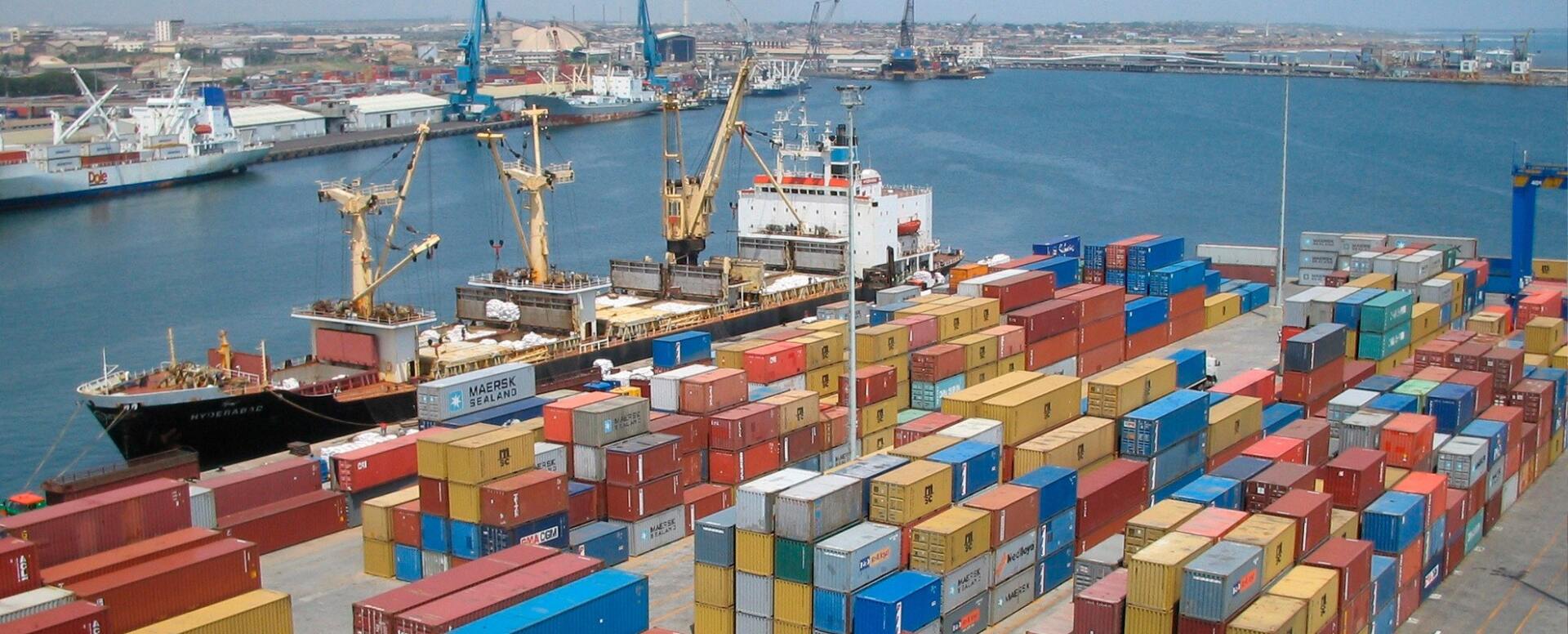Egyptian Trade and Industry Minister Ahmed Samir said that the initiative to implement the first commercial deal (exporting food products from Egypt to Ghana) falls within the framework of the African Continental Free Trade Area (AfCFTA).

This was announced by the minister in his speech during his virtual participation in the 10th ministerial meeting of the AfCFTA, currently in session in the Ghanaian capital, Accra. Assistant Minister for Economic Affairs Ibrahim el-Sajini is leading Egypt’s delegation to the meeting.

The heads of state and government of member states gave directives to expedite the implementation of preferential trade agreement within the framework of the AfCFTA, the minister said.

He further noted that the current ministerial meeting is an important step towards the effective and equal implementation of the agreement.
The deal includes the export of food products from Egypt to Ghana, the minister said.
Egypt stressed the importance of organizing meetings between businessmen to discuss export opportunities in new sectors, the minister said.

He added that the Trade and Industry Ministry is working on holding introductory seminars to raise awareness among manufacturers and exporters of the importance of the agreement and the benefit from exporting under its umbrella.

This deal involves a limited number of State Parties, as it includes Egypt, Ghana, Tanzania, Rwanda, Cameroon and Mauritius.
It is noteworthy The AfCFTA is also expected to serve as a platform for Africa to engage with the outside world. This is a premature appraisal.
The AfCFTA is not finalised and critical aspects are still being negotiated. The outstanding issues (tariff schedules, rules of origin and trade in services in priority areas) are essential features of a free trade agreement (FTA).

The AfCFTA will not have supra-national institutions to monitor and ensure compliance. The AfCFTA’s institutions, except for the Secretariat, are political platforms representing the State Parties.
They will want the AfCFTA to be a vehicle for advancing domestic and regional agendas too. Nigeria has not ratified the AfCFTA, and since October 2019 its borders have been closed to trade in goods. The official explanation is that smuggling must be stamped out.














